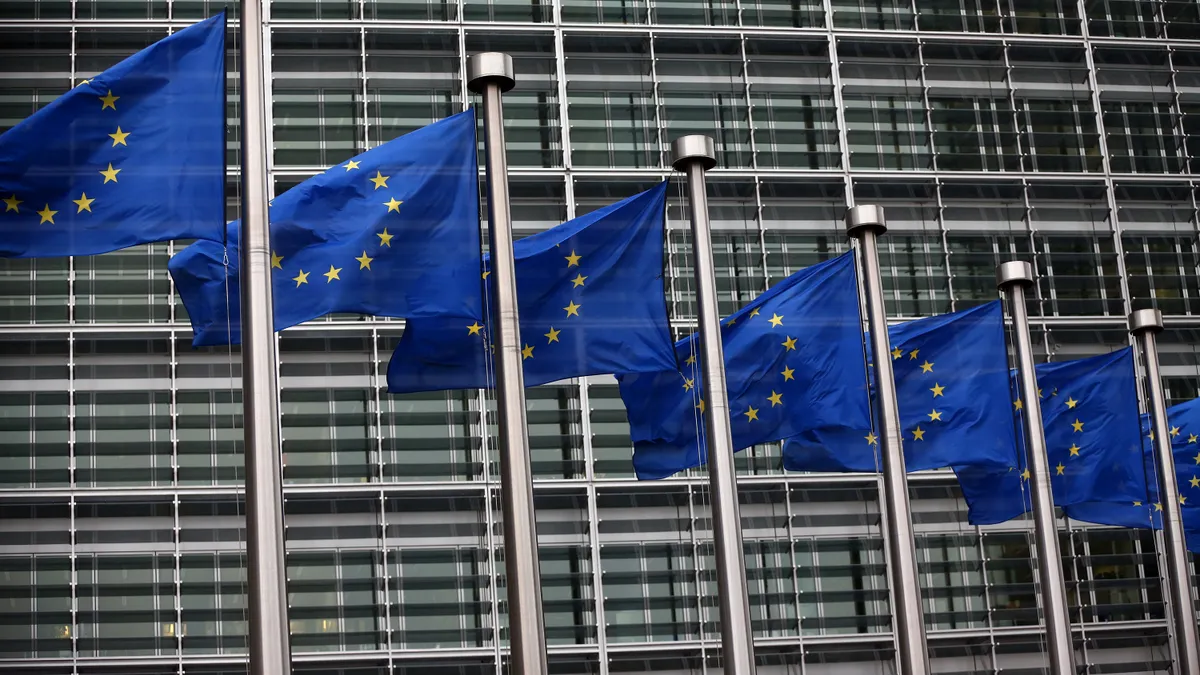Dive Brief:
- Cochlear’s proposed DKK 850 million ($120 million) takeover of Oticon Medical has sparked concerns by European competition authorities.
- Authorities in the European Union and U.K. are reviewing the proposed merger. The U.K.’s Competition and Markets Authority (CMA) found Cochlear would have 90% to 100% share of the bone conduction market after the takeover.
- The European Commission said the acquisition “threatens to significantly affect competition in the market for cochlear implants and bone conduction solutions” and told Cochlear it can’t close the deal before getting its clearance.
Dive Insight:
Cochlear framed its planned acquisition of Oticon, which is currently part of hearing healthcare company Demant, as an attempt to expand beyond its leadership position in implantable hearing. Calling itself “a very small player in the hearing loss segment,” Cochlear said the takeover would deliver ongoing support for the 75,000 users of Oticon hearing implants.
The deal has caught the attention of competition authorities. In quick succession this week, the CMA and the European Commission independently issued statements about their reviews of the proposed Oticon acquisition.
“We’re concerned that this deal could lead to higher costs for the NHS and worse outcomes for patients who rely on life-changing hearing implants. The merger will wipe out one of the main suppliers and leave Cochlear with a near monopoly in the supply of bone conduction implants,” Sorcha O’Carroll, senior director of mergers at the CMA, said in a statement.
The CMA also discussed the likely impact of the deal on cochlear implants and hearing implants. In the cochlear implant space, the authority found Oticon has “a very small position” and is unlikely to become a significant rival in the future. Cochlear faces competition from two other providers. Demant is stopping its hearing implant business in the U.K., although the CMA has said it has doubts that it would exit the business if it was retaining Oticon.
Cochlear and Demant have until Dec. 13 to address the CMA’s concerns “through the offer of undertakings.” If the companies are unable to address the concerns, the CMA said it will refer the takeover for an in-depth investigation.
The European Commission began looking into the merger at the request of Spain. Twelve other countries have joined the original referral request. The referral enables the Commission to review the merger even though it falls short of the turnover thresholds that trigger competition assessments in the EU.
Officials used the same mechanism, Article 22, to review Illumina’s takeover of Grail. Illumina, a U.S. life sciences company, last year closed its $8 billion acquisition of the cancer detection test maker without regulators’ permission. Now, it may have to offload the acquired business.
In September, the European Commission prohibited the already-completed transaction, saying it would stifle innovation and reduce choice in the emerging market for blood-based early cancer detection tests.
While the European Commission hasn’t performed a full investigation on the Oticon purchase, its review of the referral found the deal may significantly affect competition in the market for cochlear implants and bone conduction solutions. That finding led the body to accept the referral and tell Cochlear that it “cannot implement the transaction before notifying and obtaining clearance.”













